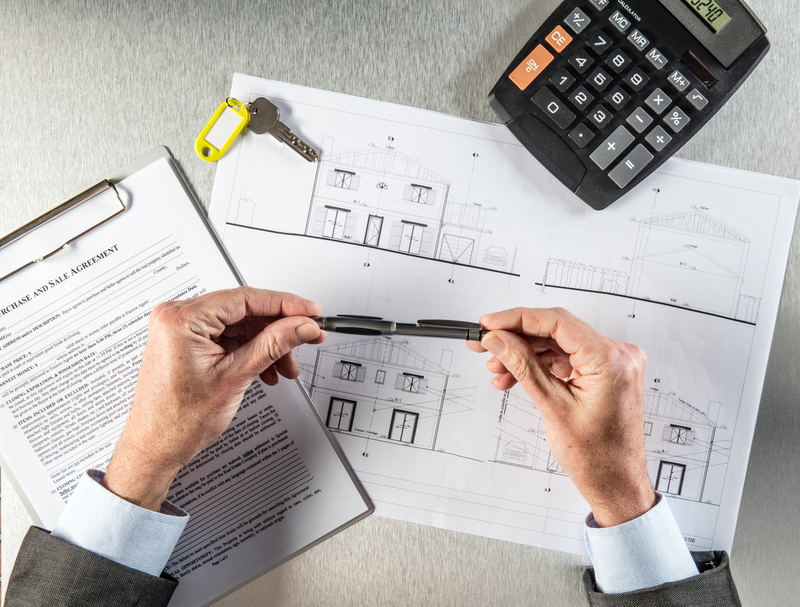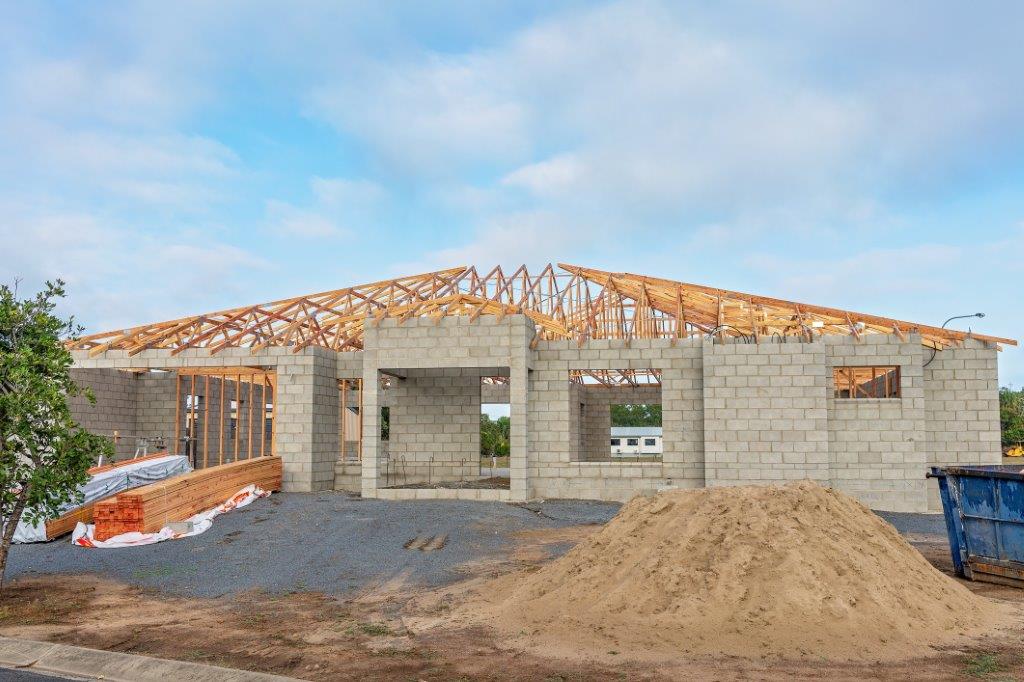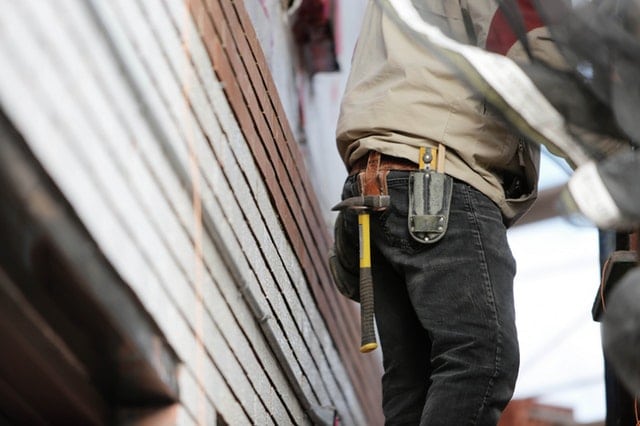Don’t Become an Owner Builder Without the Right Finance
Building your own home or renovation is potentially one of the biggest projects most people undertake and becoming an owner builder can be an even bigger challenge and the decision should not be taken lightly.
One of the main reasons that people become owner builders is because it is possible to save significant amounts of money. Being an Owner Builder can also provide the satisfaction of knowing you were responsible for the finished project and the knowledge that it has reached your standards of quality.
It is possible to use your own project management skills, labour and time to ensure you are not paying a margin to a builder and many owner builders have saved many thousands of dollars and created beautiful homes they are proud of.
Many of our clients decided to become owner builders because they have been in the industry for quite a while and have experience in managing projects. They often want to use the skills they have developed over the years to build a home they love. As an added bonus, they often also pick up new skills along the way.
The decision to become an owner builder is not for the fainthearted. In its simplest definition, an Owner Builder assumes responsibility for the construction or renovation of a home. Sounds easy right? Not always and it is not always easy to get finance for such projects
In reality what it means to be an owner builder is that you are in charge of every single thing to do with that house. Every nail, every windowsill and every person you need to get every nail and every windowsill installed. That means that you have to know what is needed when it will be needed and how much it is going to cost.
A simple way of assessing the work and responsibility involved as an owner builder is by considering where the cost savings come from. If instead of being an owner builder, you enter into a Building Contract with a registered builder, that builder will typically play the role of Project Manager. He or she will coordinate all materials, and all tradesmen to get the job done. For this service, he or she will add a margin of up to 15% onto all materials purchased and up to 30% on tradesman’s hourly rate. This margin is the builder’s profit as well as compensation for the risk he is taking on. If, for example, a tradesman doesn’t show up when he is required to or certain materials aren’t available on time, the cost of that delay will be carried by the builder. In addition, the builder is liable for structural issues within that property for 7 years after the completion date and needs to factor in the risk.
Another factor to consider when determining whether the decision to be an owner builder is the right one for you is that of economies of scale. Because builders often work on many projects simultaneously, they are able to get cheaper prices on a lot of materials because they are able to buy in bulk.. This price saving in materials can sometimes compensate for the additional margin that a builder uses.
Of course, not all properties and projects are the same but as a general rule of thumb, the cost savings from being an owner builder really only start to be worth the effort in mid-level to an upmarket budget house. There can also often be savings to be made in architectural projects as many of the elements need to be custom made and therefore not subject to bulk buying discounts.
Before you make the decision to owner build, you need to assess many factors. Are the potential costs savings significant? Do you have the skills (and tolerance for risk) to do the job? Do you have the time to project manage and how much pressure will that put on other parts of your life?
If, after a thorough analysis, the pros of becoming an Owner Builder in your situation outweigh the cons, then you need to start educating yourself about how to best become an owner builder.






